A symposium on “Electronic Risks and Ways to Confront Them” at the Faculty of Mass of Communication
Within the framework of interest in information security and the increasing interest in achieving the best levels of cybersecurity and monitoring electronic risks and ways to confront them, coinciding with the opening of the Government Data and Cloud Computing Center as the first center to provide artificial intelligence services in Egypt and North Africa, the Community Service and Environmental Development Affairs Sector and the Social Solidarity Unit, in cooperation with the Faculty of Mass of Communication, at Ain Shams University, organized a symposium entitled Electronic risks and ways to confront them within the framework of the joint cooperation protocol between Ain Shams University and the Ministry of Social Solidarity, under the auspices of Dr. Nevin Al-Kabbaj, Minister of Social Solidarity, Prof. Mohamed Diaa Zain El-Abedeen, President of Ain Shams University, Prof. Ghada Farouk, Vice President of the University for Community Service and Environmental Development Affairs, and Prof. Salah Hashem, Advisor to the Ministry of Social Solidarity and General Coordinator of Social Solidarity Units in Universities.
Prof. Heba Shaheen, Dean of the Faculty of Mass of Communication, at Ain Shams University, opened the symposium activities, explaining the increasing importance of cybersecurity in light of technological development, and its role in confronting electronic attacks, adding that criminals use new tools and invent innovative plans to achieve their goals using technology, which makes companies and bodies constantly update electronic security measures to counter the evolving negative uses of cyberattacks and the dark web.
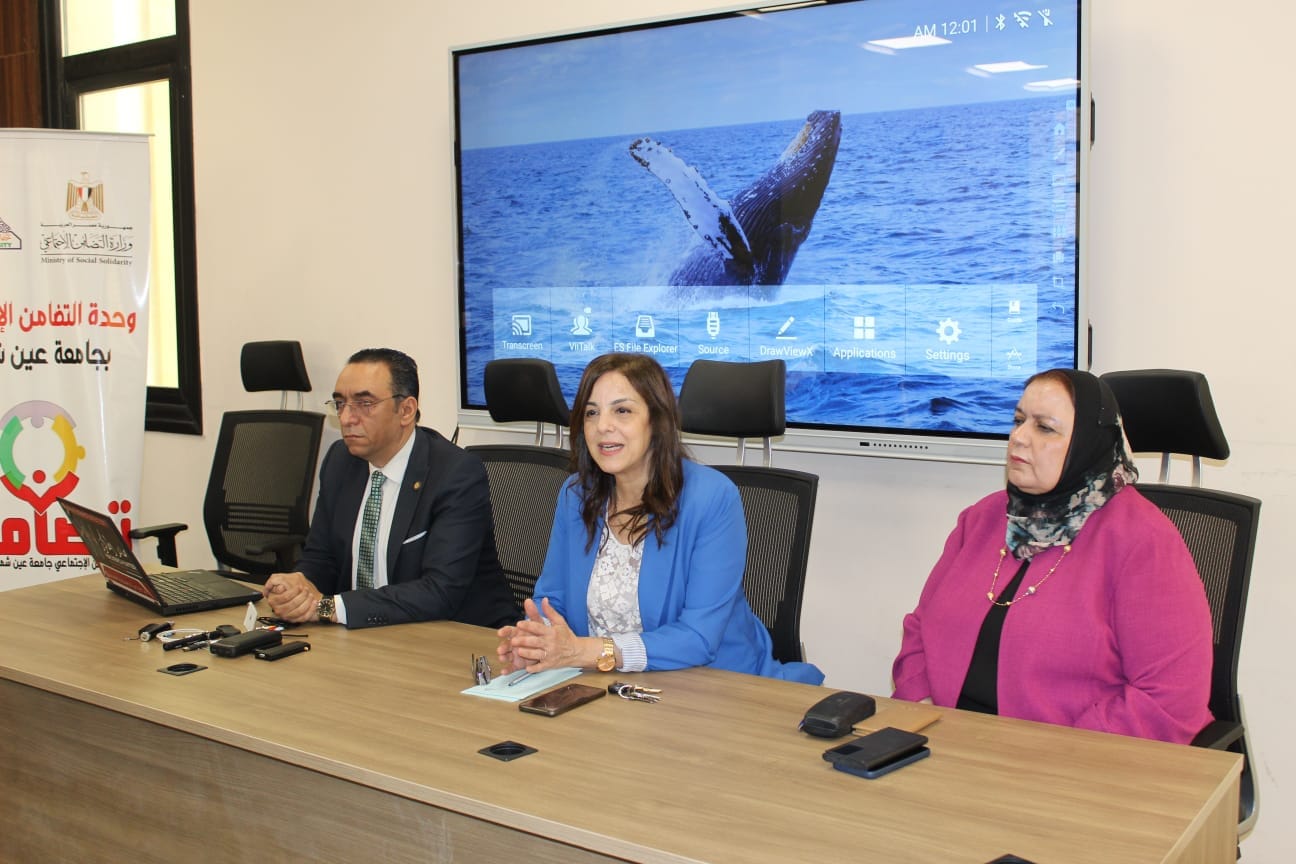 |
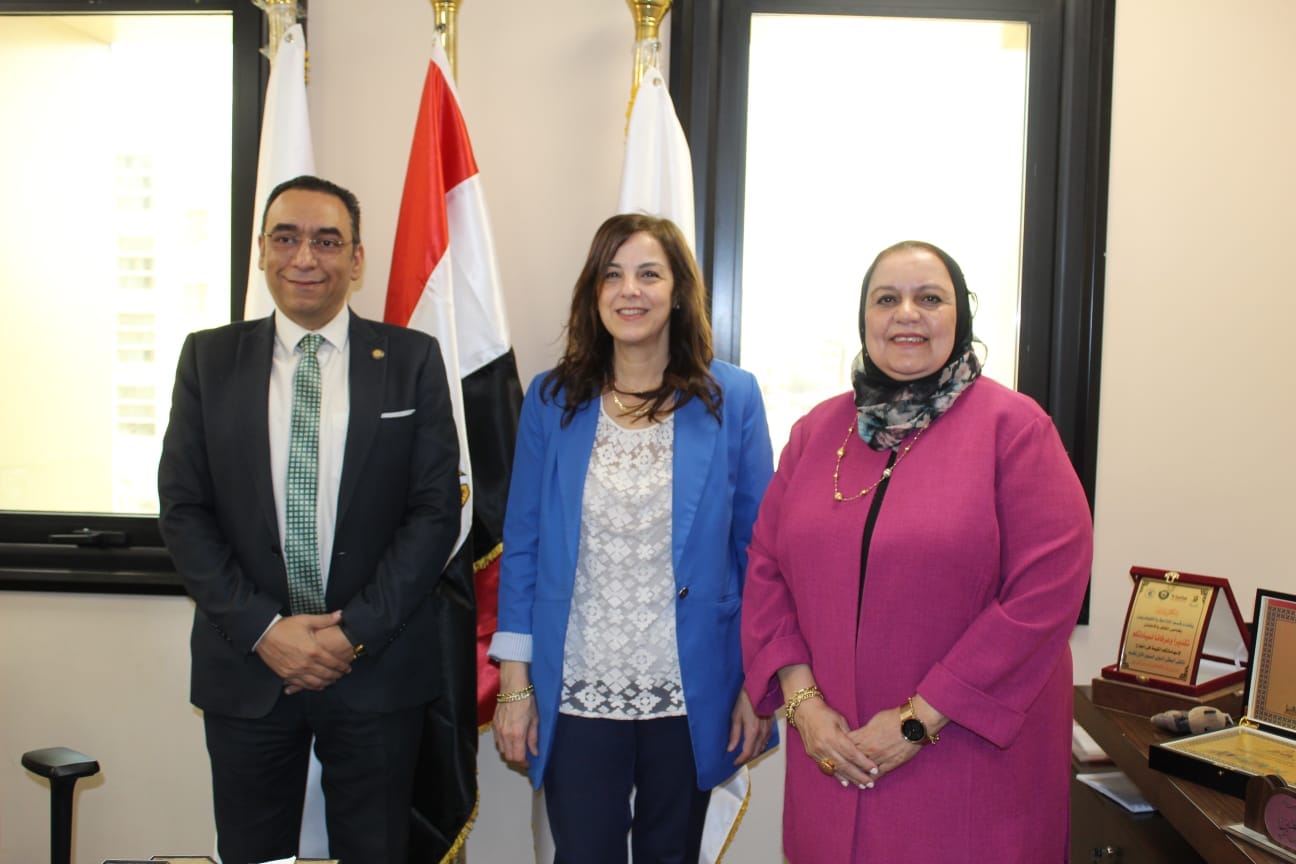 |
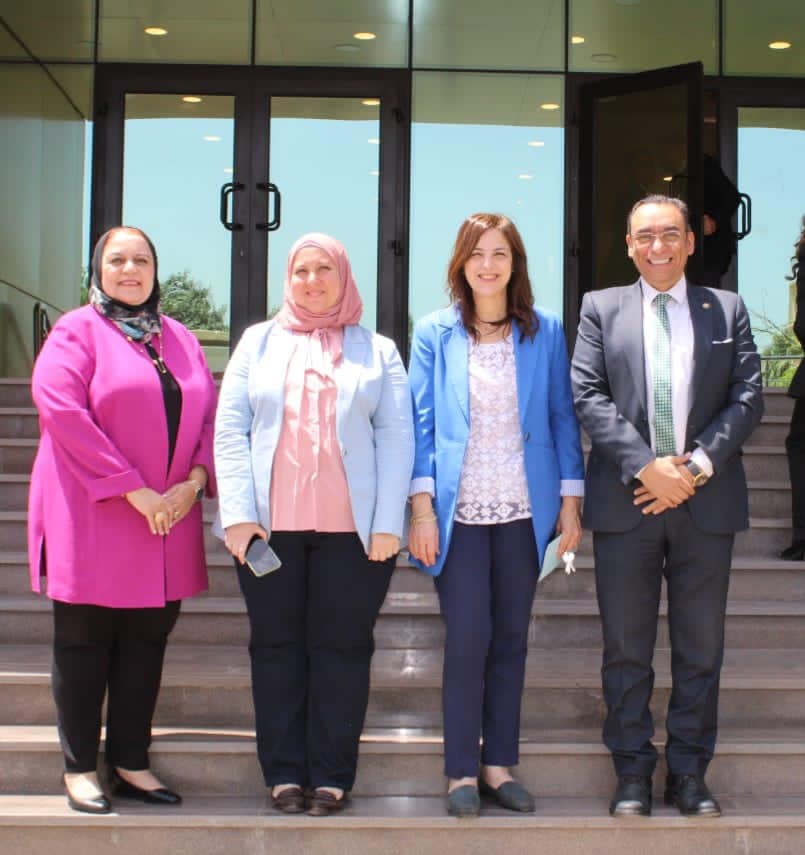 |
||
During the symposium, Prof. Jihan Ragab, advisor to the Vice President of the University for Community Service and Environmental Development Affairs and the coordinator of the symposium, indicated the joint cooperation protocol between Ain Shams University and the Ministry of Social Solidarity, also provided an introduction to the various activities of the Social Solidarity Unit and the Productive Student Initiative.
Engineer Walid Hajjaj, information security expert at the Council of Ministers and Vice Chairman of the Board of Directors of Digital Transformation and Cybersecurity, lectured at the meeting.
The symposium covered a number of topics aimed at raising students’ awareness of the dangers of the Internet and how to protect their information and data.
The symposium also discussed the concept of artificial intelligence, fraud and blackmail mechanisms, methods of proper and safe dealing with technology, and methods of benefiting from the Internet and protecting children from its dangers.
The symposium also highlighted the mechanisms of exploiting technological means and the Internet to guide young people and attract them to undesirable trends, in addition to presenting the types of surface, deep, and dark Internet.
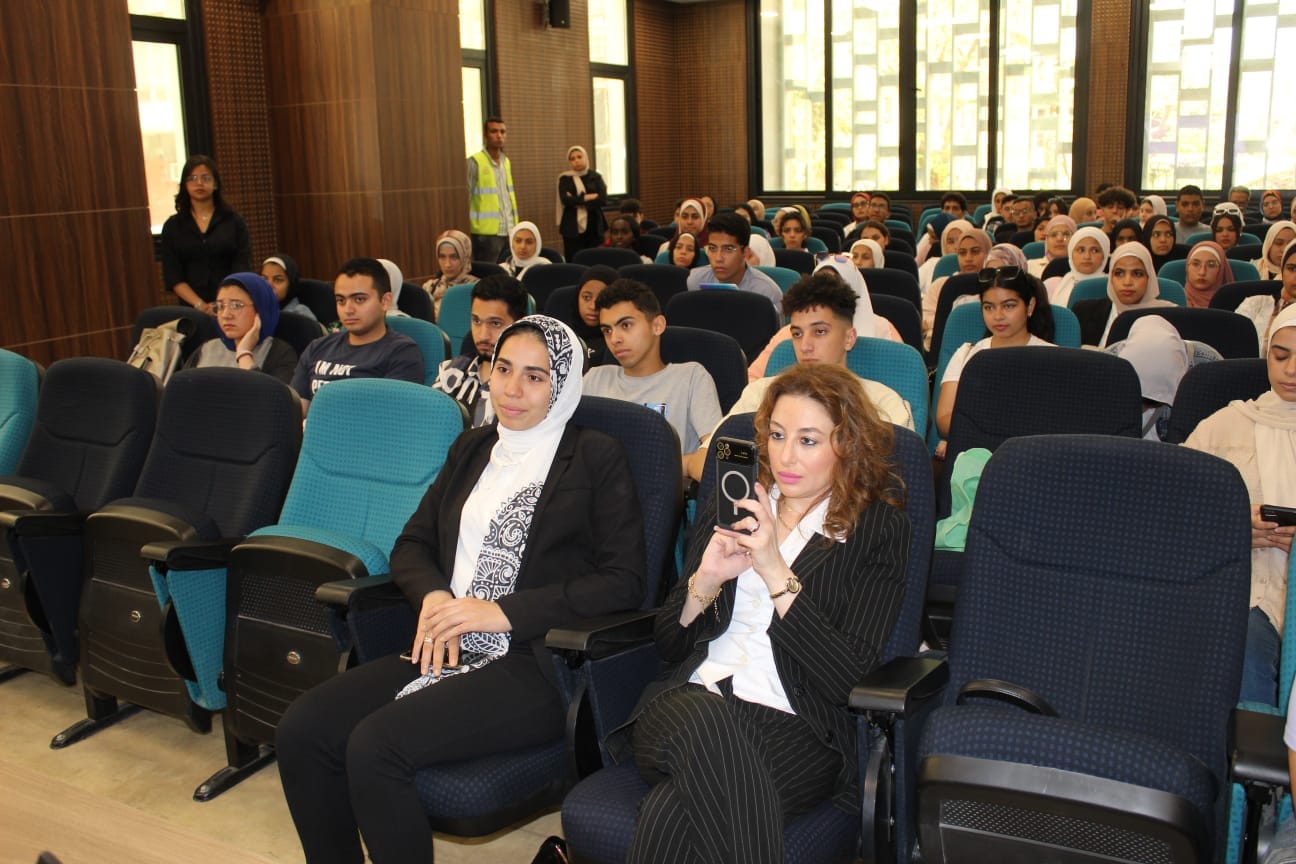 |
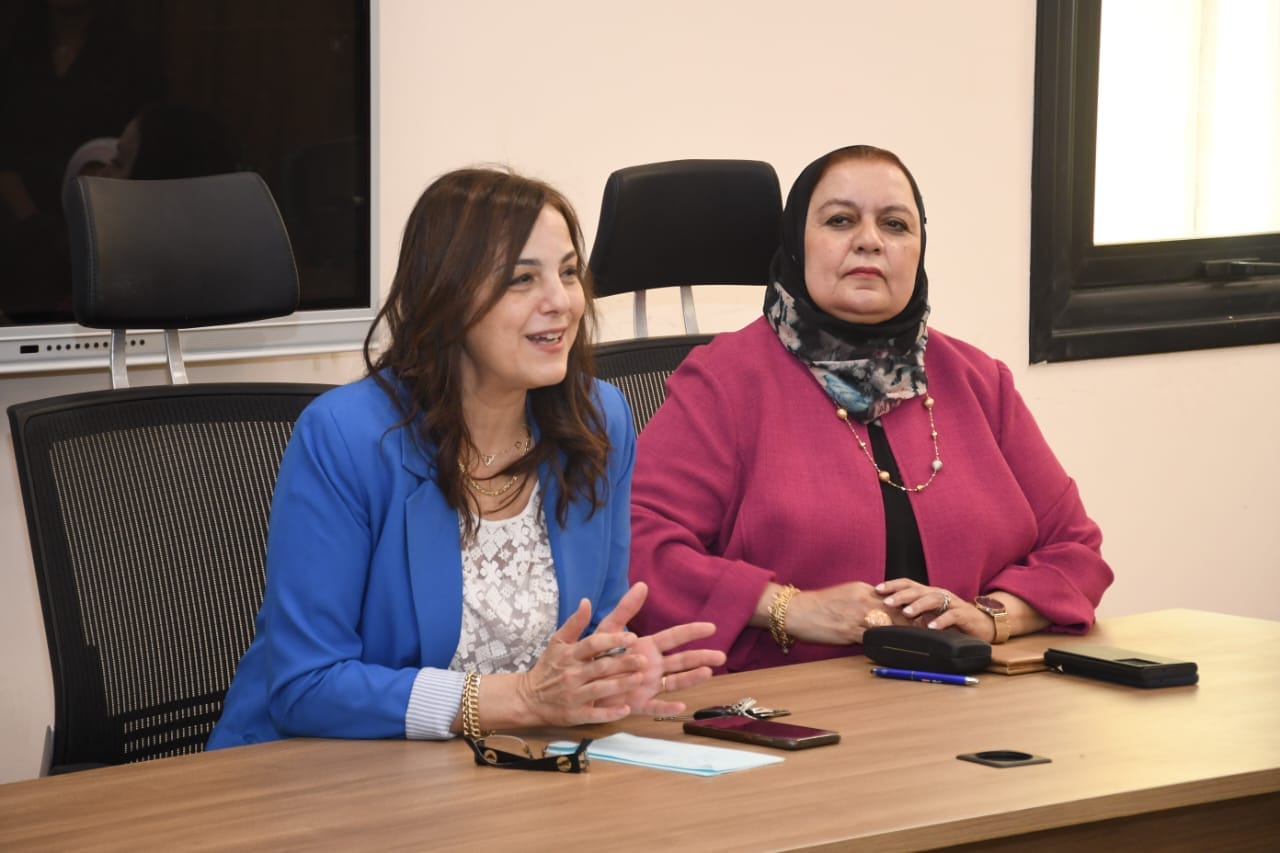 |
It was also explained how to avoid the dangers of the dark web, and how to protect ourselves from some famous and well-known tricks in the field of hacking, data exploitation, and targeting individuals.
The symposium also reviewed the safe and sound ways to use various applications and how to deal with them well and safely.
Engineer Walid Hajjaj pointed out the definition of social engineering and how to attract people or change their concepts, customs and traditions through social engineering that countries use by studying people’s behavior, culture and religion to broadcast unacceptable content in an acceptable form.
His Excellency explained how social media platforms can be fertile ground for spreading misleading and unreal information, how countries use them in wars, and how infrastructure networks such as electricity, water and gas are targeted and hacked.
Details related to information security and its pillars, personal security, digital security, cybersecurity, the attacks to which we are exposed and how they are deterred, how to deal with blackmail cases and the parties to which we turn to obtain our rights were also reviewed.
The symposium witnessed great interaction from faculty students.


.svg)




